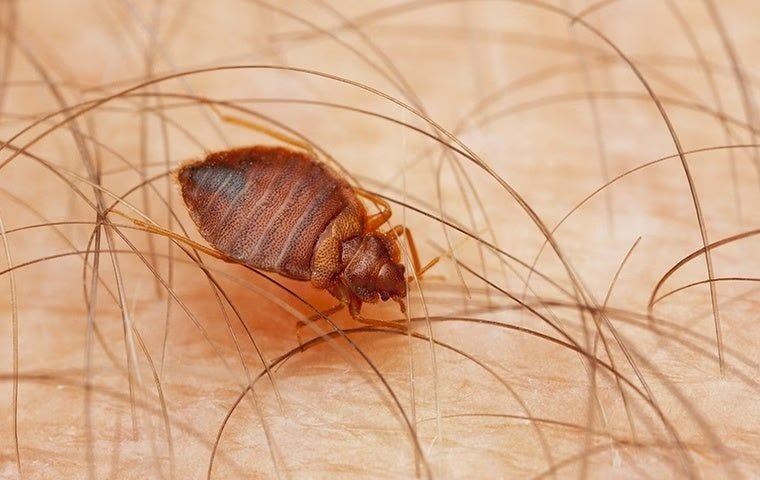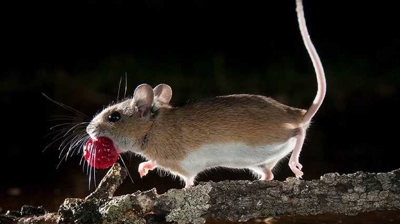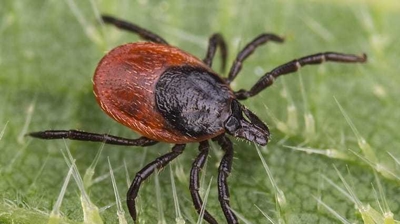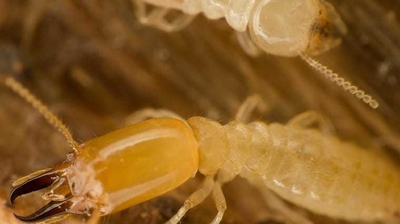
Biting Pest Identification & Prevention
Frequently Asked Questions About Biting Pests
Have questions? We are here to help. Still have questions or can't find the answer you need? Give us a call at 252-424-7966 today!

-
How can I prevent biting pests in the future?
Prevent problems with biting pests in Elizabeth City, NC, and surrounding areas by combining our professional services with the following prevention tips:
- When out in public places, keep all personal belongings away from other people’s things and off the ground.
- Make sure that screens in windows and doors are without rips or tears.
- Remove any area of standing water from your property.
- Change and wash all bedding on a routine basis.
- Regularly bathe and groom your pets.
- Regularly vacuum the floors or your home or business.
- Keep your grass cut short and remove areas of overgrown vegetation.
- With the help of your veterinarian, place all pets on a year-round flea and tick prevention program.
- Make sure gutters and downspouts are clear and directing water away from the outside of your home or business.
-
How do I get rid of biting pests?
Professional home pest control or bed bug control is the best way to eliminate pests and keep them from returning. At Albemarle Termite & Pest Control, our pest management professionals are highly trained and dedicated to providing safe and effective services that are affordable. We are a local, family-owned pest control company whose number one priority is putting our customers first and exceeding their expectations. To eliminate pests from your home or business once and for all, contact Albemarle Termite & Pest Control today!
-
Where will I find biting pests?
Bed bugs are mainly indoor pests and live wherever there are people. These insects are a common problem in homes, hotels, airports, schools, hospitals, shopping centers, movie theaters, and other public places. Fleas, ticks, and mosquitoes are mainly outdoor pests, although fleas can breed indoors – causing large-scale infestations. Most species of ticks are unable to reproduce indoors and don’t survive for very long inside. Mosquitoes only find their way inside accidentally while searching for food.
-
Why do I have a biting pest problem?Biting pests find their way onto your property or into your home or business because it provides them with appropriate food and shelter. Fleas, ticks, and bed bugs are often introduced indoors by hitchhiking their way in on people, our pets (fleas and ticks), or our belongings (bed bugs). Mosquitoes lay their eggs in areas of standing water, and properties near standing water have large populations of mosquitoes. Fleas and ticks are most often introduced into yards and other properties by wild animals.
-
Are biting pests dangerous?Biting pests are dangerous - not only because they bite and feed on the blood of a wide variety of hosts but because they are capable of transmitting a wide range of diseases to people and animals. Ticks are responsible for spreading diseases like Lyme disease, Rocky Mountain spotted fever and ehrlichiosis. Mosquitoes spread West Nile Virus and Eastern equine encephalitis. While both fleas and bed bugs are hosts to some human pathogens, it is the allergic reactions to their bites that are the main cause for concern. People allergic to bed bugs or flea saliva develop itchy, red rashes that may lead to a secondary infection requiring medical attention.
-
What are biting pests?
As the name describes, biting pests are those species of pests that have specialized mouthparts that allow them to puncture or bite through the skin of their hosts. Many species of biting pests are also parasitic pests, and they will bite in order to gorge on a blood meal.
Some of the most common types of biting pests we come into contact with regularly include bed bugs, fleas, ticks, and mosquitoes.
- Bed Bugs - Adult bed bugs have flat, oval-shaped bodies that are reddish-brown. They grow to about 1/4 of an inch in length and are wingless. Bed bugs feed on the blood of warm-blooded mammals, and humans are their favorite hosts.
- Fleas - Adult fleas are as tiny as a speck of dirt. They have flat, reddish-brown bodies with six legs; their hind legs are long and powerful, allowing them to move through the fur of their hosts. Fleas feed on a wide variety of mammal hosts, including people.
- Mosquitoes - Mosquitoes are fly-like insects. They have slender bodies, long legs, narrow wings, and extended, tube-like mouthparts (proboscises). The females use their proboscises for feeding on blood, while both males and females use them to feed on plant nectar – their primary source of food.
- Ticks - Ticks have oval-shaped bodies that are flat unless they have recently been fed. After feeding, their bodies swell in a balloon-like manner. Adult ticks are arachnids; they have eight legs and are wingless.



